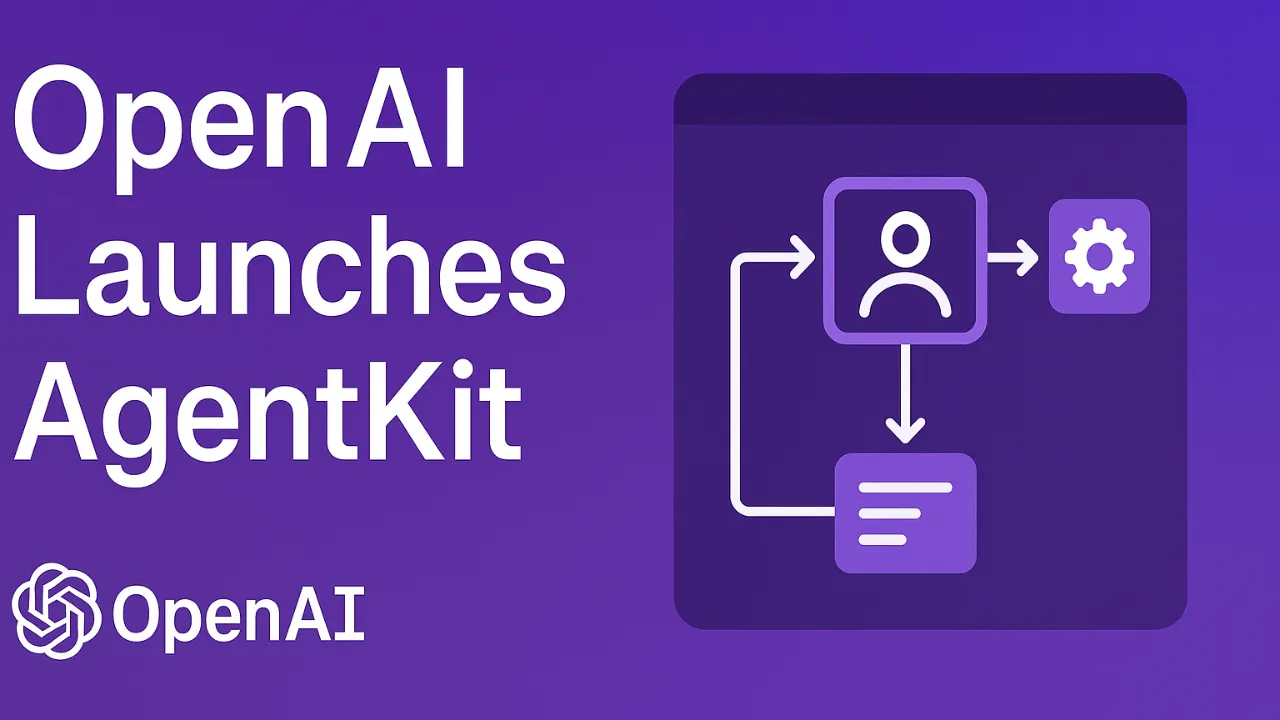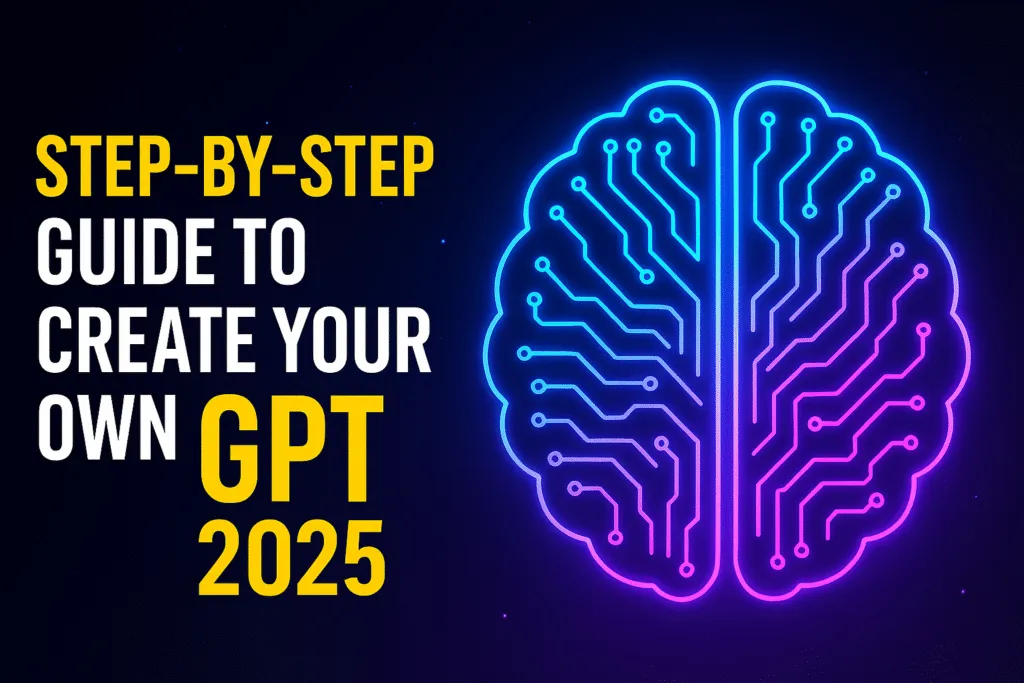Introduction
Managing studies in today’s fast-paced world is not easy. Students often struggle with finding the right balance between multiple subjects, assignments, and exam preparation. While traditional timetables can help, they usually lack flexibility and personalization. This is where technology steps in. With the rise of artificial intelligence, it has become easier than ever to organize learning sessions in a smarter way. Now, you can create a study schedule with AI that adapts to your goals, free hours, and preferred study style.
Unlike a paper-based planner, AI-powered tools analyze your routine and adjust your study plan based on progress. For example, if you are stronger in one subject and weaker in another, the AI will automatically give you more practice time where it is needed most. This kind of personalized planning ensures that every study session is effective and less stressful.
Another advantage of using AI for study scheduling is flexibility. If you miss a session, the tool can quickly reschedule it without disturbing the rest of your plan. This prevents the common problem of falling behind and losing motivation. AI also provides reminders, tracks your progress, and even suggests breaks to improve focus.
Whether you are a school student, a college learner, or preparing for competitive exams, creating a study schedule with AI can save time and boost productivity. It eliminates guesswork and gives you a clear roadmap to follow. Instead of wasting time deciding what to study next, you can simply open your AI-generated plan and start learning right away.
In the next sections, we will explore how these tools work, the steps to create your own AI-based study schedule, and the best apps available to help you stay consistent and motivated.
Why You Need a Study Schedule
Every student dreams of scoring well and mastering subjects, but without proper planning, even hours of studying can feel unproductive. This is why having a study schedule is so important. A structured timetable ensures you spend your energy on the right topics at the right time. It helps you stay organized, reduce stress, and make steady progress toward your academic goals.
One of the main reasons you need a study schedule is time management. Most students have multiple responsibilities like classes, homework, and personal commitments. Without a clear plan, it’s easy to waste hours deciding what to study next. When you create a study schedule with AI, you get a personalized roadmap that tells you exactly what to do, making your study time more efficient.
Another benefit is balanced preparation. Many students unknowingly spend too much time on subjects they enjoy while neglecting tougher ones. A study schedule ensures every subject gets the attention it deserves. With AI tools, you can adjust focus based on strengths and weaknesses, so weaker areas get extra practice.
A well-planned schedule also prevents last-minute cramming. Instead of rushing through chapters before exams, you’ll already have a routine that includes regular revision. This not only improves memory but also builds confidence.
Finally, a study schedule creates discipline. When you follow a timetable, studying becomes a habit rather than a burden. AI-powered scheduling makes it even easier by giving reminders and tracking progress so you stay consistent.
In short, having a study schedule is like having a roadmap for success. And when you create a study schedule with AI, you combine discipline with smart technology, ensuring your study time is productive, focused, and stress-free.
Benefits of Using AI for Study Planning
Traditional study timetables often fail because they are rigid and don’t adapt to changes in your daily routine. This is where artificial intelligence makes a huge difference. When you create a study schedule with AI, you unlock a smarter and more personalized way to manage your learning time. AI tools go beyond basic scheduling and actually understand your goals, availability, and performance.
One major benefit is personalization. AI doesn’t follow a one-size-fits-all approach. Instead, it creates a schedule based on your strengths, weaknesses, and preferences. If you struggle with math but find science easier, AI will automatically allocate more time for math practice. This ensures that every study session is meaningful and focused on your real needs.
Another advantage is flexibility. Unlike static paper timetables, AI tools can quickly adjust your schedule if you miss a session or if your priorities change. This adaptability reduces stress and keeps you on track without starting over.
AI also boosts productivity by helping you avoid decision fatigue. Instead of wasting time deciding what to study next, you can open your AI-generated plan and follow it step by step. Many AI study planners also include features like reminders, progress tracking, and smart notifications, making it easier to stay consistent.
Additionally, AI scheduling promotes better time management. It considers your free hours, study goals, and even rest periods to prevent burnout. By creating a balanced mix of study and breaks, AI helps you maintain focus for longer.
In short, the biggest benefit of using AI for study planning is that it transforms your learning process into something organized, efficient, and stress-free. When you create a study schedule with AI, you not only save time but also study smarter, not harder.
Step-by-Step Guide to Creating a Study Schedule with AI
Making a timetable on your own can feel overwhelming, especially if you don’t know where to start. That’s why using artificial intelligence makes the process simple and effective. When you create a study schedule with AI, you just need to provide a few details, and the tool does the heavy lifting for you. Here’s a simple step-by-step guide:
Step 1: Define Your Goals
Before planning, decide what you want to achieve. Are you preparing for board exams, competitive tests, or daily classwork? Clear goals help the AI create a focused plan.
Step 2: List Your Subjects and Topics
Break down your subjects into chapters or topics. This allows the AI tool to distribute time properly across everything you need to cover.
Step 3: Choose the Right AI Tool
Select a reliable app or platform. Options like Notion AI, MyStudyLife, Taskade, or even AI chatbots can generate personalized schedules.
Step 4: Enter Your Availability
Input your free hours each day. AI considers your routine, including study time, breaks, and sleep, to design a realistic timetable.
Step 5: Generate the Plan
Once the information is entered, the AI tool will create a study schedule tailored to your needs.
Step 6: Customize and Adjust
No plan is perfect from the start. You can adjust study sessions based on your progress or upcoming exams.
Following these steps makes it easy to create a study schedule with AI that fits your lifestyle. Instead of stressing about what to study next, you’ll always have a clear and adaptable plan in front of you.
Best AI Tools for Study Scheduling
When you decide to create a study schedule with AI, the right tool can transform your productivity. Here’s a curated list of tools that students around the globe are using to manage time smartly and effectively.
1. Motion
Motion intelligently organizes your day by prioritizing tasks and assigning them time slots automatically. It adapts to new tasks or changes, helping you stay on top of your responsibilities without feeling overwhelmed.
2. MyStudyLife
MyStudyLife offers a clean, student-focused experience. It tracks assignments, exams, and classes, and its AI-driven calendar integration ensures your deadlines and tasks stay synchronized across devices.
3. Taskade
Taskade blends note-taking, task management, and scheduling. With AI-powered templates and collaborative spaces, it’s ideal for solo learners and peers gearing up for group study.
4. Reclaim.ai
Reclaim.ai excels at balancing study sessions with your daily routines. It blocks focus time, schedules habits like breaks, and syncs across calendars to help you maintain consistency.
5. FlowSavvy
FlowSavvy is perfect for students juggling multiple deadlines. It automatically generates a weekly plan based on due dates and lets you reschedule with a single click, making workflow adjustments hassle-free.
6. MyMap.AI Study Plan Creator
MyMap.AI lets you chat to generate a custom study plan in minutes. Upload syllabi or course outlines, fine-tune durations or difficulty, and export your schedule to share or print—ideal for both individual and group prep.
In summary, whether you’re balancing lectures, exams, or group assignments, tools like Motion, MyStudyLife, Taskade, Reclaim.ai, FlowSavvy, and MyMap.AI make it effortless to create a study schedule with AI that’s personalized, adaptive, and effective.
Tips to Stay Consistent with Your Schedule
Making a timetable is the first step, but following it every day is where most students struggle. Consistency is the real key to success, and with a little discipline, you can easily stick to your plan. When you create a study schedule with AI, it becomes much easier to stay on track because the tool reminds you of tasks and adjusts timings when needed. Still, a few extra habits can make the difference.
The first tip is to set realistic goals. If your schedule is too packed, you’ll quickly lose motivation. Start with smaller study blocks and gradually increase them. AI tools are great at balancing subjects and break times, but it’s up to you to keep goals manageable.
Second, use reminders and notifications. Most AI planners come with alerts that tell you when it’s time to study. Treat these notifications as non-negotiable, just like attending a real class.
Third, track your progress. Checking off completed sessions gives a sense of accomplishment and motivates you to continue. Many AI tools include dashboards where you can see how much you’ve covered over time.
Fourth, build a routine around your natural energy levels. For example, if you focus better in the morning, schedule tough subjects early. AI can adapt to your preferences and suggest the best time slots.
Lastly, don’t skip breaks. Short pauses keep your mind fresh and prevent burnout. A well-balanced timetable includes rest just as much as study time.
By combining these habits with smart technology, you can create a study schedule with AI that not only looks good on paper but also works in real life. Consistency comes when your plan is practical, flexible, and motivating.
Common Mistakes to Avoid
Even the best study plan can fail if it’s not created or followed properly. When students create a study schedule with AI, they often assume the tool will do all the work. While AI makes planning easier, your commitment is equally important. Avoiding a few common mistakes can help you get the most out of your schedule.
One big mistake is overloading your day. Many learners try to fit too many topics into a single session, which only leads to fatigue. AI tools are smart, but if you enter unrealistic goals, the schedule will still feel overwhelming. Always set achievable study blocks that match your energy levels.
Another common error is ignoring revision. Students focus on completing chapters but forget to review them later. Without revision, knowledge quickly fades. When you create a study schedule with AI, make sure to include dedicated time for regular review sessions.
Some learners also make the mistake of not updating their plan. Life changes—unexpected tasks, new deadlines, or extra classes may come up. If you don’t adjust your schedule, you’ll soon fall behind. AI tools are flexible and can easily reshuffle tasks, so take advantage of that feature.
Relying only on digital reminders without discipline is another trap. Notifications are helpful, but if you constantly snooze them, the plan becomes useless. Treat your AI-generated timetable as a serious commitment.
Lastly, skipping breaks is a mistake many students make. Studying for long hours without rest can harm focus and retention. AI tools usually recommend short breaks—don’t ignore them.
By avoiding these mistakes, you can truly create a study schedule with AI that is practical, adaptable, and effective. Remember, the tool guides you, but your consistency ensures success.
Conclusion
Studying effectively is not just about putting in long hours—it’s about planning those hours wisely. A clear and structured timetable gives direction, removes confusion, and builds discipline. In today’s digital age, depending only on manual planning is no longer enough. That’s why many students now prefer to create a study schedule with AI, as it offers flexibility, personalization, and real-time adjustments that traditional methods can’t provide.
AI-powered scheduling tools make the learning journey smoother by understanding your goals, dividing subjects fairly, and reminding you of upcoming sessions. Unlike static timetables, they adapt to your changing routine and even reschedule missed tasks so you never feel left behind. Whether you are preparing for school exams, competitive tests, or simply want to stay consistent with daily learning, an AI-based study plan can save time and reduce stress.
The biggest advantage of using AI for study planning is that it makes your effort more productive. Instead of wasting time deciding what to study next, you always have a clear roadmap in front of you. Add to this the benefits of progress tracking, reminders, and smart break management, and you get a system that supports both focus and balance.
In the end, success comes from consistency. AI tools can design the perfect timetable, but it’s your dedication that brings results. Treat the schedule as a guide, update it regularly, and make small adjustments to fit your pace. When you create a study schedule with AI, you combine discipline with technology, giving yourself the best chance to learn smarter, stay motivated, and achieve your academic goals.
Also Read: Never Update Your Smartphone? Here’s What Really Happens (You’ll Be Shocked!) 2025.
FAQs
Q1. Can AI really help improve my study habits?
Yes. When you create a study schedule with AI, the tool analyzes your available time, subjects, and goals to design a personalized plan. It removes the guesswork from deciding what to study next, helping you build stronger study habits over time.
Q2. Are AI study planners free to use?
Many AI-based scheduling tools are free with basic features, such as Google Calendar or MyStudyLife. However, advanced apps like Motion or Reclaim.ai may require paid plans for premium features like detailed progress tracking and smart rescheduling.
Q3. What happens if I miss a study session?
One of the biggest advantages of AI tools is flexibility. If you miss a session, the app can automatically reschedule it without disturbing your overall plan. This ensures that you can catch up without feeling stressed.
Q4. Can I use AI study schedules for competitive exam preparation?
Absolutely. Whether you are preparing for board exams, entrance tests, or competitive exams, creating a study schedule with AI helps you focus on weak areas, plan revisions, and cover your syllabus efficiently.
Q5. How do I stay consistent with my AI-generated study plan?
Set realistic goals, follow reminders seriously, and track your progress regularly. Most AI tools also provide notifications and dashboards to keep you motivated. The more you treat the plan like a commitment, the more effective it becomes.
Q6. Can AI adapt to my personal learning style?
Yes. AI planners can adjust based on your preferences, like shorter study sessions, subject priority, or preferred study times. Over time, the more data you feed, the more personalized your schedule becomes.





































